The Legal Consequences of a DUI
What You Need to Know
A DUI is more than just a mistake. It can have serious legal implications that can hound you for years to come.
If you’ve been charged with a DUI, it’s important to be aware of what consequences you may face when navigating with the legal system. You need to understand the potential penalties and what steps you can take to minimize them. This, along with the guidance of a good lawyer, will help you make informed decisions and protect your rights. This article will provide an overview of the legal implications of a DUI and discuss what you should know. Next Article.
Overview of DUI Laws
A DUI is a criminal offense, and a conviction can have serious legal consequences. These consequences are often different for each individual, depending on the specific circumstances of their case, as well as the number of violations already on their record. While some penalties are consistent across jurisdictions, others are left up to the discretion of the individual judge. Learn More Here.
The specific charges and penalties for a DUI conviction are typically determined by two factors: The BAC at the time of the arrest, and the laws in the state where the arrest was made. BAC levels and state laws vary, which means that the same BAC level may result in different charges in different states. In most jurisdictions, the first DUI offense is a misdemeanor. However, a second or subsequent DUI can be charged as either a felony or a misdemeanor.
Penalties for a DUI Conviction
The specific penalties for a DUI conviction may vary depending on the circumstances of your case. However, some penalties are relatively consistent. The following list outlines the potential consequences of a DUI conviction.
- Jail Time: Most DUI convictions carry some kind of jail sentence. The amount of time will vary depending on the circumstances of the case. First-time DUIs are typically charged as misdemeanors, which often do not carry jail time. However, repeat offenders risk jail time with even their first DUI conviction. The length of the sentence will depend on several factors, including the level of BAC, the circumstances of the case, and whether a person has a history of DUIs.
- Fines: Fines are a common penalty for a DUI conviction. The amount of the fine will vary based on your jurisdiction and the severity of your case.
- License Suspension: In most states, DUIs carry some form of license suspension. The length of the suspension varies based on the circumstances.
- Ignition Interlock Device (IID): In certain jurisdictions, DUIs are treated as a “serious” or “aggravated” offense. In these cases, the court has the authority to order the installation of an IID as part of your sentence. An IID is a device that is installed in the vehicle and requires a breath sample before the vehicle can be started. The IID will typically remain in your vehicle for between 6 and 12 months.
- Alcohol Treatment: In most jurisdictions, a court will order alcohol treatment as a condition of a sentence for a DUI conviction. In some cases, the court may require a period of treatment as part of probation. Alcohol treatment usually lasts between 6 and 12 months and may include both group and individual counseling.
- Impact on Employment and Insurance: A DUI has the potential to impact your employability and insurance rates. It will likely be a factor in your employment background check, so it can affect your ability to find employment. Additionally, you may see increases in your insurance rates if your company finds out about the DUI.
Steps to Take After a DUI
After a DUI arrest, you will likely have a number of steps to take before it is resolved in court. Make sure that you know the legal process so you can make informed decisions along the way. The following is a list of things to do after you are arrested for a DUI.
- Stay Calm: A DUI arrest can be a stressful situation, but it is important to stay calm. You don’t want to make any statements that could be used against you in court.
- Seek Legal Help: The best way to protect your rights is to get help from a qualified DUI defense lawyer, commonly referred to as a criminal justice attorney. A good criminal justice attorney will be able to guide you through the legal process and help you mitigate the consequences.
- Stay Out of Trouble: It’s important to stay out of trouble while the case is pending. If you are caught committing another crime, the court may revoke your license, impose a harsher sentence, or impose more severe penalties.
- Be Prepared for a Long Process: DUI cases are often complicated, so the process may take a long time. Be prepared for it to take a few months to resolve in court.
How to Minimize the Consequences of a DUI
There are a number of things you can do to minimize the consequences of a DUI conviction. That being said, the absolute best thing you can do is hire a qualified criminal justice attorney. This is your starting point. Everything else will flow from this. A good criminal justice attorney will help you navigate the legal process and protect your legal rights.
Resources for Help with DUI Charges
If you’ve been charged with a DUI, it’s important to understand the potential consequences and know your legal rights. The professionals at Gatlin Voelker Law Firm are available to help you work through the legal consequences of your DUI, and discuss what options you have moving forward. Check out their DUI webpage for information to get you started.









